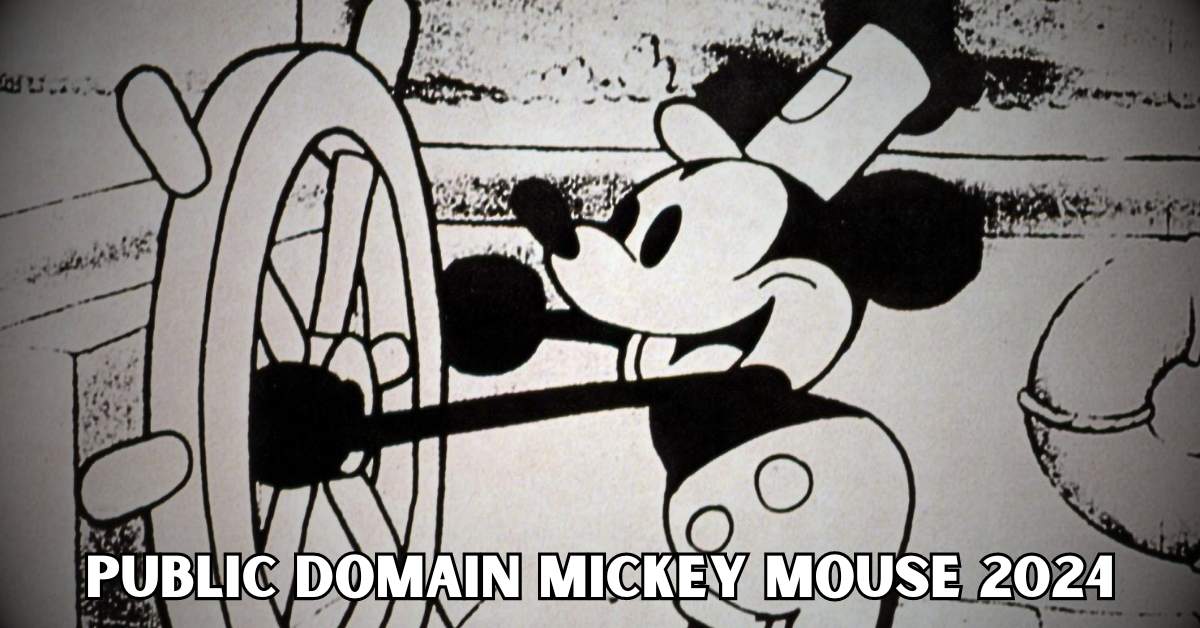In a surprising turn of events, an early version of Mickey Mouse has finally entered the public domain, marking the end of the Walt Disney Company’s exclusive control over the beloved character. On January 1, 2024, the iconic mouse, originally featured in Walt Disney’s 1928 short film, “Steamboat Willie,” became accessible to the public for the first time in nearly a century.
Mickey Mouse, a good-humored rodent that has become synonymous with the Disney brand, has played a pivotal role in American pop culture. However, due to the 95-year copyright duration stipulated by US law, Disney’s sole claim to the character has now officially come to an end.
While this might suggest a free-for-all with Mickey Mouse creations flooding the market, there are some important nuances to consider. According to a statement from a Disney spokesperson to CNN, “More modern versions of Mickey will remain unaffected by the expiration of the Steamboat Willie copyright.” The mouse will continue to be a global ambassador for the Walt Disney Company in various mediums such as storytelling, theme park attractions, and merchandise.
It’s essential to recognize the distinctions between the 1928 Mickey from “Steamboat Willie” and the contemporary mascot. The early Mickey lacks the gloves and oversized shoes of the present-day iteration, with small black oval eyes devoid of pupils. While the public domain now allows for reinterpretations of the Steamboat Willie version, there’s a catch.
Additionally, you might be interested in reading some of our other recent articles:
- Suki Waterhouse Radiates Pregnancy Glow in Chic Video Showcasing Baby Bump
- Former ‘Beverly Hills, 90210’ Star Ian Ziering Caught in Hollywood Brawl with Mini-Motorcycle Gang
Rebecca Tushnet, a professor at Harvard Law School, emphasizes that one cannot copy elements of the more modern Mickey Mouse, as Disney still holds trademarks on those. To be protected against copyright infringement claims, any new creations must be rooted in Steamboat Willie.
Despite Disney’s relinquishing of the Steamboat Willie image, it’s expected that the company will vigorously defend its rights in the more modern versions of Mickey Mouse and other copyrighted works. Tushnet predicts that recreations of Steamboat Willie might surface on platforms like Etsy, though small sellers and artists may find themselves vulnerable to legal actions from Disney due to potential misunderstandings of the legal boundaries.
However, there are exceptions to Disney’s tight control over Mickey Mouse. Even the modern iteration can be depicted for educational purposes, satire, or parody. This flexibility provides some room for creative expression while respecting Disney’s intellectual property.
Mickey Mouse isn’t the only children’s character to recently enter the public domain. In 2022, A.A. Milne’s original Winnie the Pooh character also saw the expiration of its copyright, leading to a surge in imaginative reinterpretations, including the unexpected 2023 horror film, “Winnie the Pooh: Blood and Honey.”
Tushnet believes it’s entirely possible that the early version of Mickey Mouse could undergo a similar transformation, opening up new and unexpected avenues for creative expression. As we step into this new era where a part of Mickey’s legacy is set free, it remains to be seen how artists, enthusiasts, and perhaps even Disney itself will navigate this uncharted territory.
